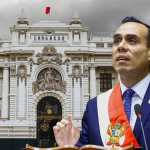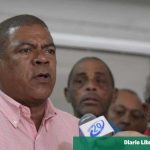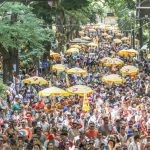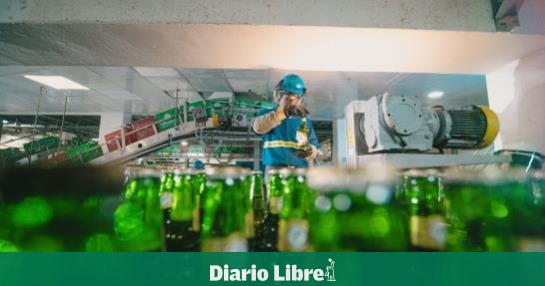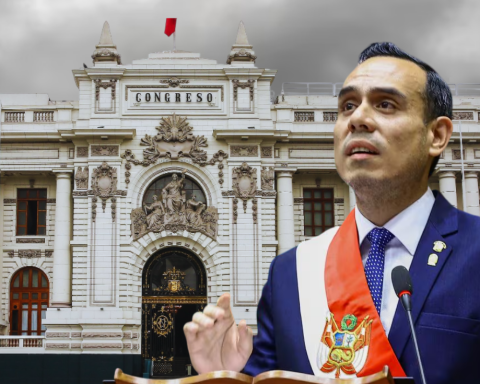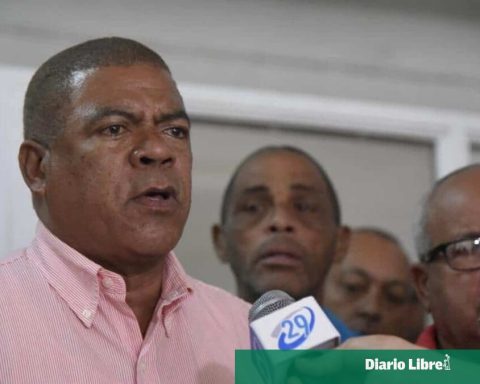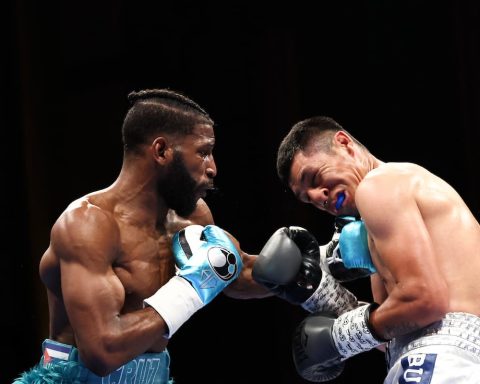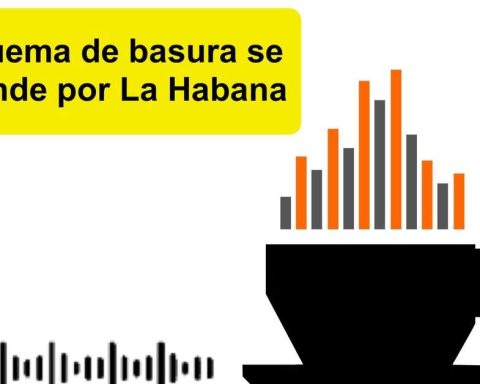The National Institution for Human Rights and the Ombudsman’s Office (INDDHH) denounced in a report published this Thursday that the Uruguayan government refused to “facilitate” the visit of the United Nations Working Group on Enforced and Involuntary Disappearances.
According to the Institution, the Working Group tried to arrange a meeting for the month of November with the aim of “observing and advising on the search for the disappeared in the country”, but the government “expressed reservations regarding the dates” and then did not respond “to a second communication from the Working Group reiterating the request.”
INDDHH sources told The Observer that in September 2021 the group asked to be received in Uruguay, but they did not receive a response, so they insisted on communication in November.
At that time, the Foreign Ministry transmitted to the INDDHH that the arrival of this group “was not considered convenient”. This is the same Working Group that On November 16, 2021, he expressed to the government his “deep concern” about the Open Cabildo bill which sought to regulate the ex officio substitution of custodial sentences for people convicted of serious human rights violations and crimes against humanity.
From the INDDHH they made a “no number” of steps, they sent a letter and requested a meeting with Foreign Minister Francisco Bustillo. The sources detailed that they called six times but they did not get a response; only that the agenda was “very busy”.
In November, the INDDHH spoke with the collective of Relatives of Disappeared Detainees to update them on the situation and from there they also wrote to the minister. But they ran with the same fate and were not received.
Despite the insistence, the Ministry of Foreign Affairs responded to the Working Group that the visit would not be that year and the diplomatic services of the Foreign Ministry wrote a note in response to the request in which it was argued that, depending on the health situationit was not convenient to schedule his arrival in the country in 2022. However, they were told that Uruguay was willing to receive them in 2023.
“This has been an atypical episode in the working relationship with the state authorities because in general we have had a good level of cooperation for the search work (for disappeared detainees). In this case it was not like that,” said Wilder Tayler, director of the INDDHH to TV Ciudad. “Receiving the group is a sign of transparency, good will and good international policy on human rights. Uruguay is a country that is well positioned on this matter. We are surprised that we are in this condition,” he added.
Gearshift
After the INDDHH denounced the situation, The Observer He consulted the Foreign Ministry to find out the reason that had led him not to receive the Working Group this year. From the ministry they told The Observer that said meeting was being coordinated for the second semester of 2022.
The call was at 13:44 and lasted 1 minute and 18 seconds. However, the instruction to coordinate the meeting for the second semester of this year took place after that communication.
At 2:26 p.m., an email was sent from the Directorate of Political Affairs of the Ministry of Foreign Affairs requesting that the Working Group be informed that an evaluation of the sanitary conditions would make it possible to coordinate a visit in the second half of this year.
What does this group do?
As the report explains, the United Nations Working Group was “created decades ago by the then UN Human Rights Commission” and is “made up of five independent experts.” “Its main and humanitarian mission is to help relatives and governments to establish the fate and whereabouts of disappeared persons”realizes the report.
He also adds that “he has performed on five continents over the decades” and that “it has active Uruguayan cases since the 1980s”; “It constitutes the largest repository of experience and knowledge on the techniques necessary to address the issue of forced disappearance,” according to the fourth report on the search for disappeared detainees in Uruguay.
Although the group has an open and permanent invitation, they have to coordinate the logistics with each government. It is usually a delegation of two or three people who hold meetings, work with INDDHH and visit places where excavations are being carried out.






